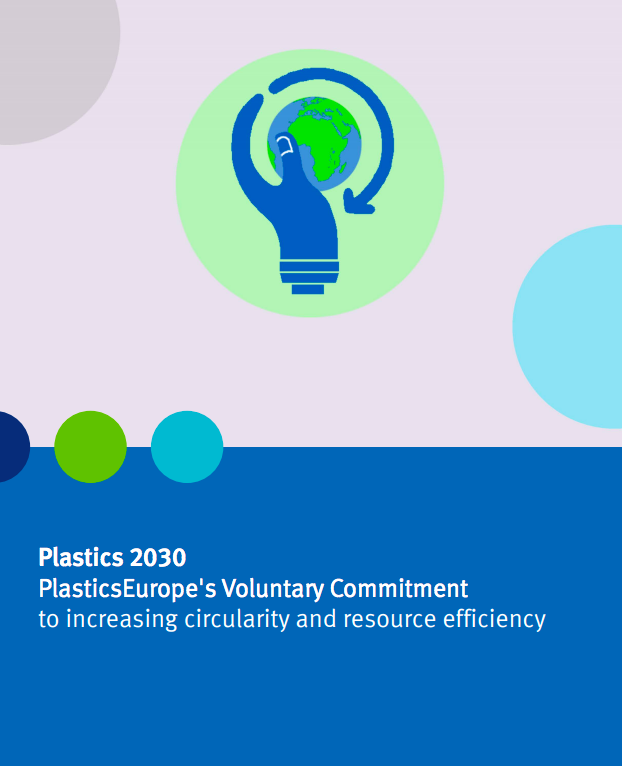The trade organization, PlasticsEurope recently published its 2030 Voluntary Commitment, which contains a set of ambitious targets and initiatives by the European plastics industry towards a more sustainable economic solution. This commitment focuses on (1) increasing re-use and recycling, (2) preventing plastics leakage into the environment, and (3) accelerating resource efficiency.
For the recycling targets, the European plastics manufacturers are committed to ensure high rates of re-use and recycling with the ambition to reach 60% for plastics packaging by 2030. By 2040, PlasticsEurope expect to achieve its goal of 100% re-use, recycling and/or recovery of all plastics packaging in the EU-28, Norway and Switzerland. PlasticsEurope noted that it has established three European platforms to accelerate innovation towards more efficient chemical and mechanical recycling.
In preventing plastic leakage into the environment, PlasticsEurope said it will continue setting up educational projects across Member States to increase awareness on sustainable consumer behavior. PlasticsEurope will also launch new research activities to complete knowledge gaps on the most plastic items being littered in the marine environment, with a view to identify solutions.
PlasticsEurope also announced, among others, plans for further research into alternative feedstocks; more frequent updates of product life cycle inventories and environmental product declarations; and new eco-design guidelines for plastics packaging. Unfortunately, there was no noticeable mention of the potential use of biodegradable plastic materials but PlasticsEurope briefly said that it will explore renewable feedstocks and the use of CO2. By 2019, it intends to conduct a study on plastics in the circular economy and on increasing the use of alternative feedstocks.
The European Bioplastics industry Association released a statement stating that the initiatives fall short on presenting a comprehensive approach by limiting the focus of the strategy on mechanical recycling. The European Bioplastics also noted that concrete steps towards reducing the dependency on fossil feedstock by linking the circular economy with the bioeconomy and supporting innovative bio-based plastics solutions have been further postponed. While the contributions of biodegradable plastics to a circular economy are recognized, but concrete measures are still said to be missing.




